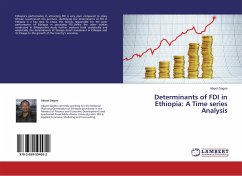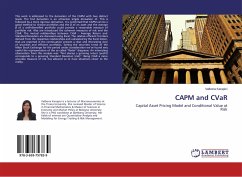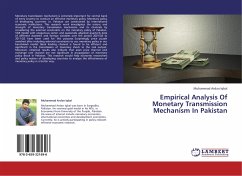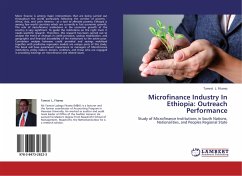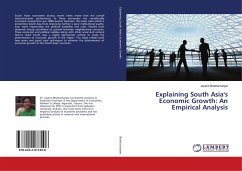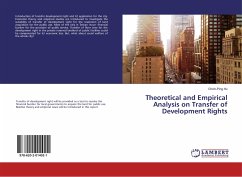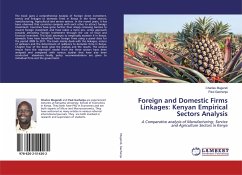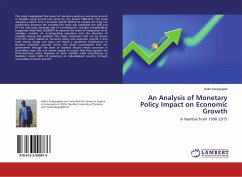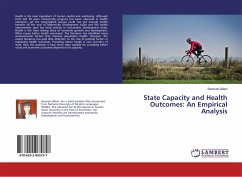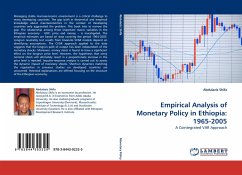
Empirical Analysis of Monetary Policy in Ethiopia: 1965-2005
A Cointegrated VAR Approach
Versandkostenfrei!
Versandfertig in 6-10 Tagen
32,99 €
inkl. MwSt.

PAYBACK Punkte
16 °P sammeln!
Managing stable macroeconomic environment is a critical challenge to many developing countries. The gap both in theoretical and empirical knowledge about macroeconomics in the context of developing countries only aggravated the problem. This book tries to narrow the gap. The relationship among three important macro variables in the Ethiopian economy - GDP, price and money - is investigated. The empirical estimates are based on data covering the period 1964-2005. Longrun neutrality test results from bivariate SVAR models depend on identifying assumptions. The CVAR approach applied to the data s...
Managing stable macroeconomic environment is a critical challenge to many developing countries. The gap both in theoretical and empirical knowledge about macroeconomics in the context of developing countries only aggravated the problem. This book tries to narrow the gap. The relationship among three important macro variables in the Ethiopian economy - GDP, price and money - is investigated. The empirical estimates are based on data covering the period 1964-2005. Longrun neutrality test results from bivariate SVAR models depend on identifying assumptions. The CVAR approach applied to the data suggests that the longrun path of output has been independent of the monetary shocks. Moreover, money stock is found to have a significant effect on the longrun price level. However, the hypothesis that every nominal shock will ultimately result in a proportionate increase in the price level is rejected. Impulse-response analysis is carried out to assess the dynamic impact of monetary shocks.Shortrun dynamics matching the regularities in previous studies on developed countries are uncovered. Potential explanations are offered focusing on the structure of the Ethiopian economy.



